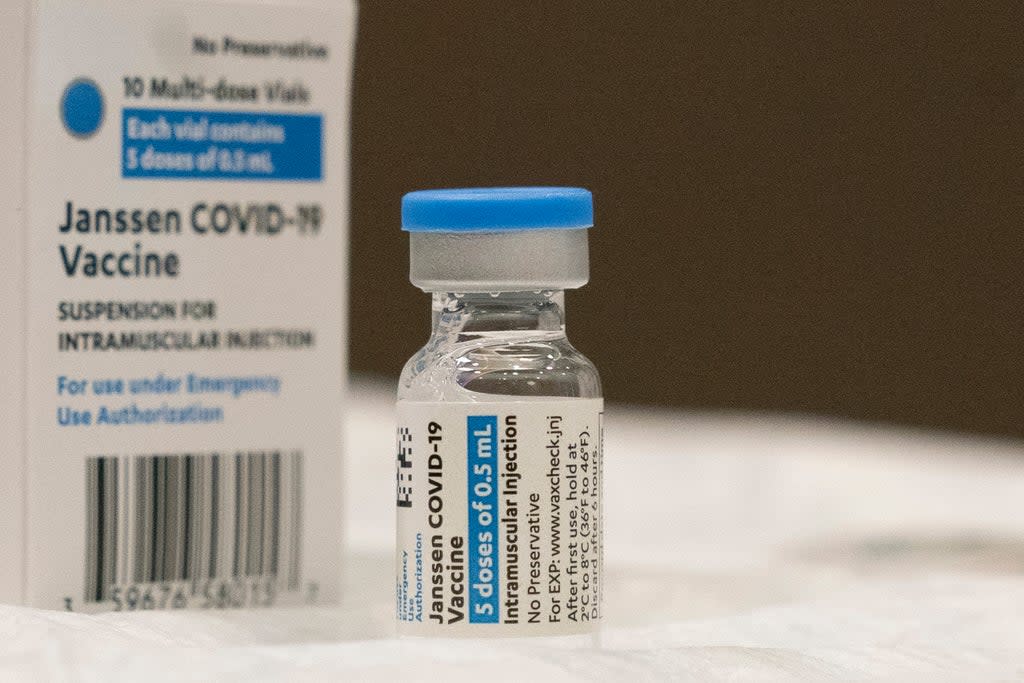Top scientists reveal death threats and physical attacks over Covid-19

A survey by a scientific journal shows that scientists who have spoken publicly about Covid-19 and the pandemic caused by the virus have received death threats and sometimes even have been victims of physical violence.
The journal Nature polled 321 scientists and discovered that dozens who had made public appearances had been targets of abuse. The survey was published on Wednesday.
The review discovered that most of the scientists in the poll had experienced some kind of abuse after appearing in the media.
A majority of the scientists, 189 in total (59 per cent), said their credibility had been attacked. Slightly fewer, 134 (42 per cent), revealed that they felt emotional or psychological distress. Threats of sexual or physical violence were reported by 72 of the scientists (22 per cent) and 47 (15 per cent) said they had received death threats.
Physical attacks were reported by six, or two per cent, of the 321 scientists polled.
A few scientists told the journal that products, such as the Covid-19 vaccines or the drug ivermectin – the antiparasitic drug that hasn’t been proven to help against Covid-19 and that has been used by some conspiracy theorists– have become especially politicised.
The epidemiologist Gideon Meyerowitz-Katz at the University of Wollongong in Australia told Nature that “any time you write about vaccines — anyone in the vaccine world can tell you the same story — you get vague death threats ... and endless hatred”.
“I think I’ve received more death threats due to ivermectin, in fact, than anything I’ve done before,” he added. “It’s anonymous people e-mailing me from weird accounts saying ‘I hope you die’ or ‘if you were near me I would shoot you’.”
The leading US government expert on infectious diseases, Dr Anthony Fauci, told The New York Times that people have compared him to Adolf Hitler and sent death threats to his family.
“The thing that bothers you most of all is the impact it has on your family. I mean, getting death threats and getting your daughters and your wife threatened with obscene notes and threatening notes is not fun. So I can’t say that doesn’t bother me. I mean, the more extreme they get, the more obvious how political it is,” Dr Fauci said on the podcast Sway.
“Fauci is like Hitler. Fauci has blood on his hands. Are you kidding me? I mean, anybody who is just thinking about this in a dispassionate way has got to say, what the heck are those people talking about? Here’s a guy whose entire life has been devoted to saving lives, and now you’re telling me he’s like Hitler? Come on, folks. Get real,” he added.
Brazilian health researcher Marcus Lacerda told Nature Medicine in April of this year that he needed “bodyguards with guns” after he published his work following a trial that debunked the theory that chloroquine, a drug used against malaria, could be used to treat Covid-19.
Belgian epidemiologist Marc Van Ranst was earlier this year taken to a safe house guarded by agents along with his wife and son for almost three weeks when a far-right sniper targeted him.
Former soldier Jürgen Conings was on a vendetta against virologists and Covid restrictions such as lockdowns, the BBC reported in June.
“The threat was very real,” the professor told the outlet from the safe house where the family was moved on 18 May. “The ex-soldier, heavily armed, was on my street for three hours, right in front of my house, waiting for me to arrive home from work.”
Prof Van Ranst had gone home early that day and was already in the house.
“Unfortunately, he’s a trained sniper with heavy armour, military-grade material and weapons. So, these are the kind of people that you would prefer not to have hunting you,” he said.
“We’re not scared, we’re just being careful. And my 12-year-old my son Milo, he’s pretty brave about it,” he added. “It is pretty surreal, but knowing is better than not knowing, because at least I can take these precautions. The thing that makes me mad is that my son has been inside for almost three weeks. That, I really hate.”
University of British Columbia historian Heidi Tworek studies online abuse of those who communicate about health matters. She told Nature that the abuse was more severe towards women and people from marginalised groups.
“That abuse will probably include abuse of your personal characteristics,” she said.

 Yahoo News
Yahoo News 
